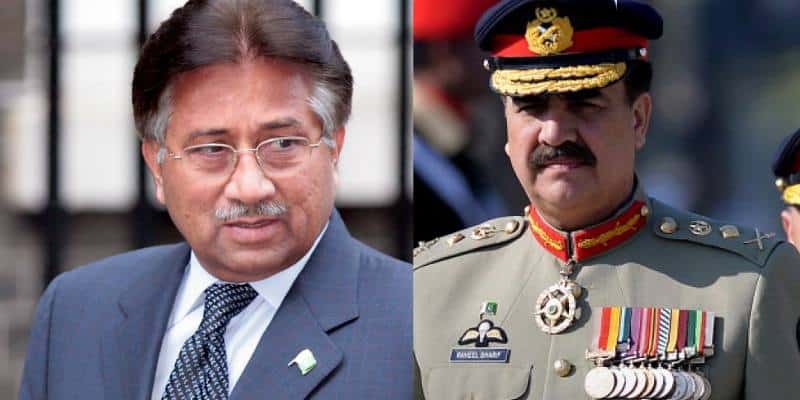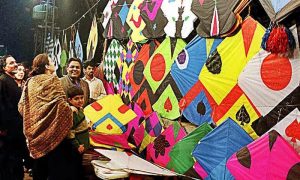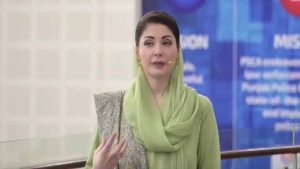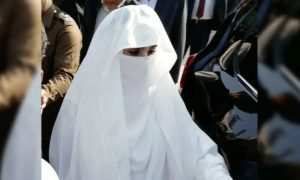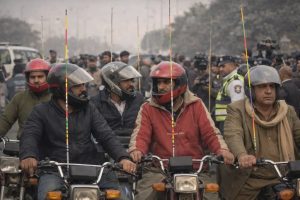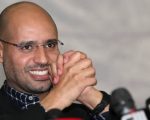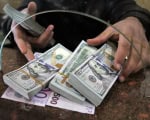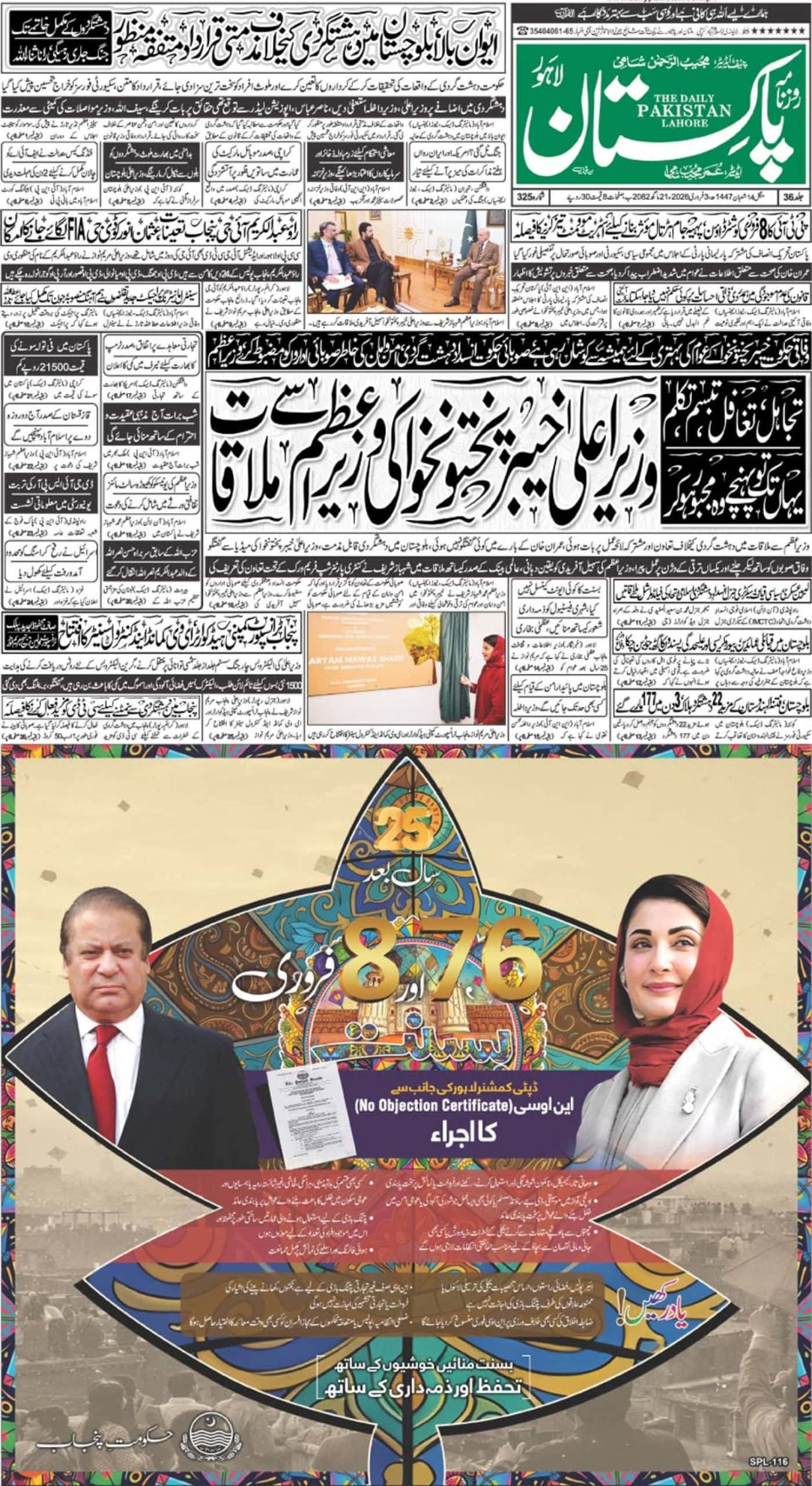ISLAMABAD – Former president General (r) Pervez Musharraf says ex-army chief Gen Raheel Sharif intervened to help him leave the country by keeping the government from pressuring the courts.
“Well he (Raheel Sharif) did help me and I am absolutely clear and grateful. I have been his boss and I have been the army chief before him… he helped out, because the cases are politicized, they put me on the ECL, they turned it into a political issue,” Musharraf claimed while speaking in a talk show on Dunya News Monday night.
Breaking: Musharraf speaks out, says Raheel influenced the govt and helped me out, behind the scenes our judiciary works under pressure pic.twitter.com/fL4jXah6sG
— Dunya News (@DunyaNews) December 19, 2016
‘Influencing the courts’
When asked to explain, Musharraf, 73, said Gen Sharif played a role in “releasing the pressure” on the courts to prevent him from leaving the country.
The statement came weeks after General Sharif retired in November after completing his three-year tenure. He was succeeded by General Qamar Javed Bajwa. Musharraf elaborated: “See unfortunately one has to say it, but shouldn’t have to… our judiciary should move towards justice.”
“These courts work under pressure behind the scenes and then give decisions. The army chief had a role to play in releasing the pressure behind the scenes.”
When asked who exactly Gen (r) Sharif had to relieve pressure from, Musharraf said, “Not from the judges but from the government. The pressure the government was putting on the courts was removed.
“Once he [Gen Sharif] got the government to relieve the pressure that they were exerting, the courts gave their judgement and allowed me to go abroad for treatment,” Musharraf elaborated.
Musharraf was able to fly out of Pakistan in March this year after the interior ministry issued a notification to remove his name from the ECL, following Supreme Court’s order to lift the ban on his foreign travel. But the order from the top court had also said that the federal government or the three-judge special court trying the retired general for treason was free to make decisions to regulate his custody or restrict his movement.
Apart from murder cases of Benazir Bhutto, Nawab Akbar Bugti and Ghazi Abdul Rasheed, the retired general is facing treason charges for imposing emergency rule in November 2007, arresting judges and limiting their powers. His name was kept on the Exit Control List for more than 20 months.
Interior Minister Nisar Ali Khan had said in March that Musharraf had committed to facing all cases against him in court and had “promised to return in four to six weeks.”
Earlier this year, in a separate interview to The Atlantic in Washington DC, Musharraf had said that Pakistani social fabric was not conducive for democracy. “Army has always had a role since our independence. Army has played a prominent role in the governance of Pakistan, partially, because, or mainly because of mis-governance by all of the so-called democratically elected governments,” the former dictator had said.

